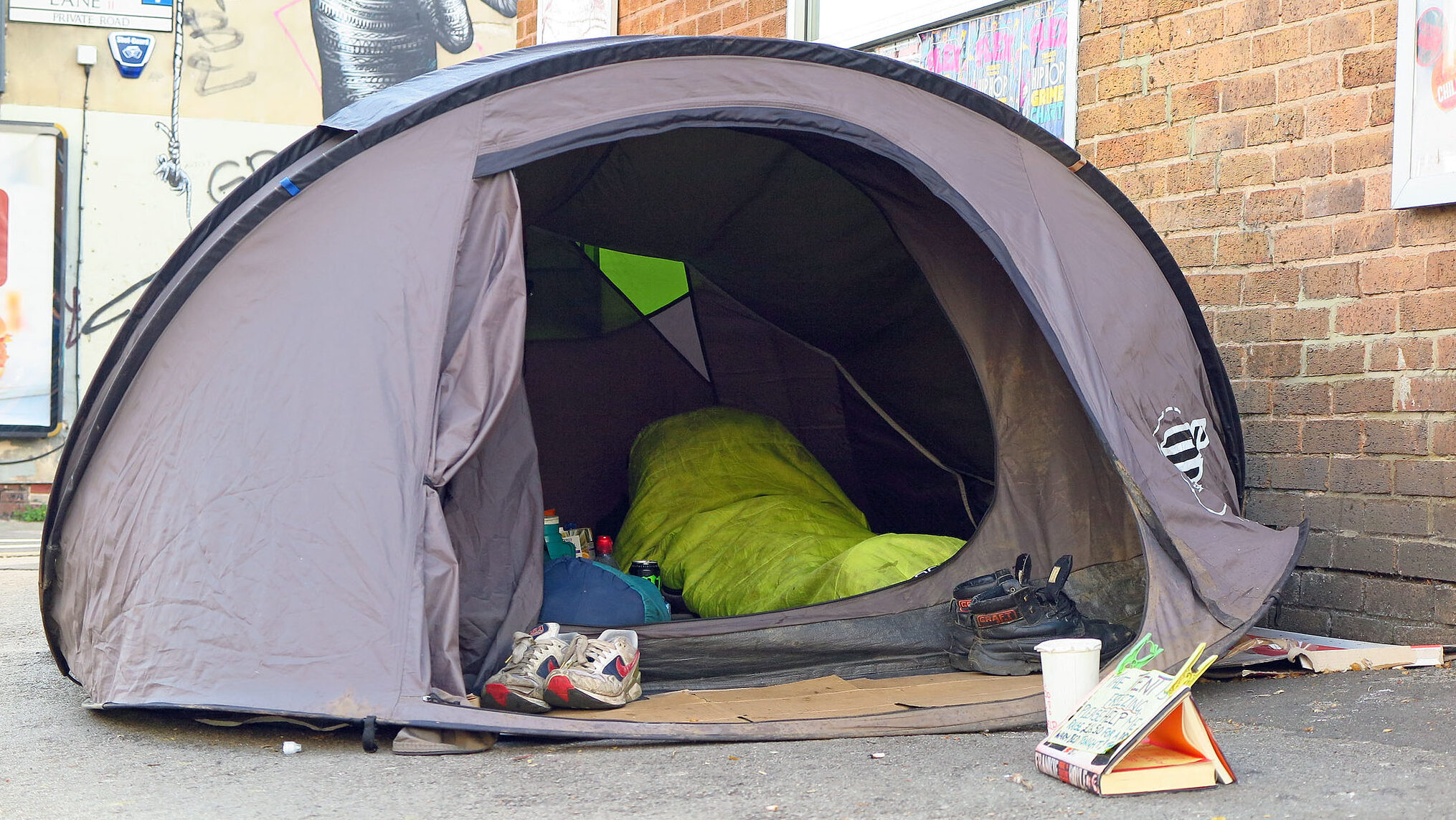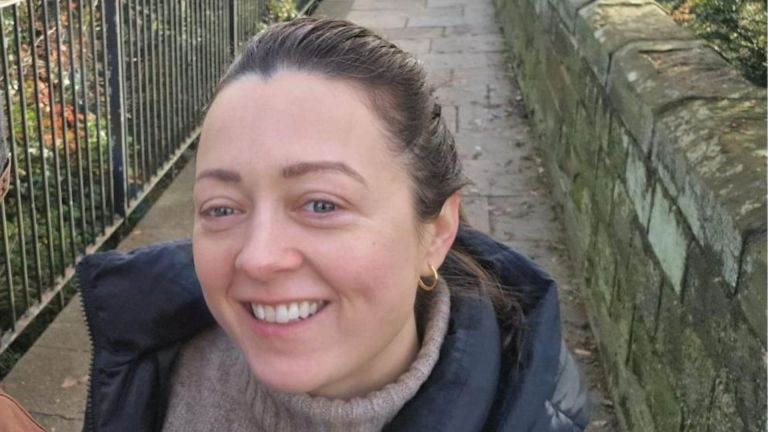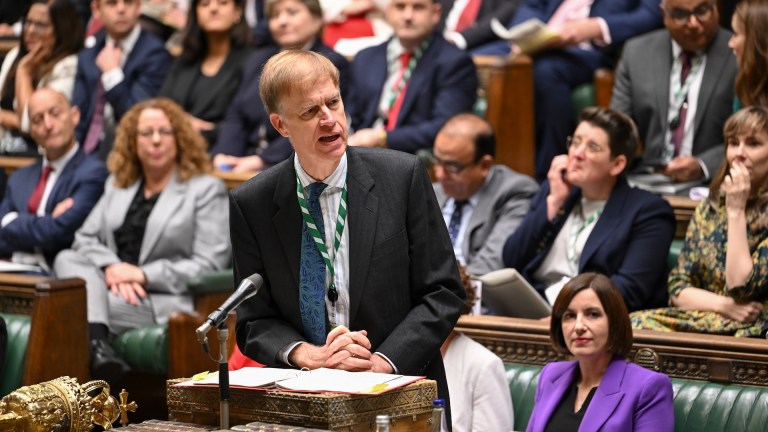“Changing this now due to public pressure and anti-migrant rhetoric is a huge mistake that will not appease its critics and will only put individuals at risk of harm on the streets while adding to the challenges and expenses faced by overstretched homelessness services and local authorities. We urge government not to go ahead with this decision.”
The change, first reported by the Guardian, has been made amid a wave of anti-immigration protests in the wake of a court ruling that Epping Forest District Council could temporarily stop a hotel in the town being used to house asylum seekers.
In a letter seen by Big Issue, the Home Office said the change was needed “to ensure that the asylum system continues to run efficiently, and to enable us to continue taking action both to reduce the overall number of asylum hotels in different communities, and the number of people staying in them.”
A 56-day exemption will be given to pregnant women, individuals with a disability, and individuals aged 65 and over. The letter also claimed this summer’s extension was only planned for three months – despite Eagle telling parliament in July that it was until the end of the year.
The government has also announced it is aiming to speed up the asylum appeals process by taking some cases out of judges’ hands.
Lauren Scott, chief executive of Refugees at Home, an organisation matching refugees with hosts, told Big Issue: “We’re appalled by the government’s proposal to halve the number of days refugees are given to find a place to live.
Advertising helps fund Big Issue’s mission to end poverty
“At a time when far-right protests are gathering pace with a very real threat of violence, refugees need more support instead of being sent to the streets.”
Asylum seekers are accommodated in hotels or similar accommodation until they receive a decision on their claim. Those granted refugee status – legal protection by the UK government – are then given time to find a new place to live.
As Rishi Sunak’s government bid to cut the asylum backlog, its decision to cut the “move-on” period to seven days increased the number of refugees reporting to cash-strapped councils as homeless.
Even after this was reversed, the 28-day move on period has been called a “significant cause of homelessness”. NACCOM, a network of organisations providing accommodation for refugees facing homelessness, said its members helped a record number of people in 2023-24, with an 83% increase in the number who were turned away.
Scott said the 56-day trial had allowed refugees to avoid homelessness. “Since the trial was introduced, the number of refugees we’ve seen leaving unsafe asylum hotels and going straight into permanent accommodation has increased by 52%,” said Scott.
“Having seen first-hand the benefit an extended move-on period can offer, we’re calling on the government to listen to those affected and honour their commitment to the 56-day trial.”
Advertising helps fund Big Issue’s mission to end poverty
Bridget Young, chief executive of NACCOM, added that nobody wanted to be stuck in hotels, but that the U-turn could simply move problems to other places. “Short-term ‘solutions’ to pressures in asylum accommodation that will just create pressures elsewhere through an increase in homelessness and destitution are no way to move towards reforming asylum accommodation or ending homelessness,” she said.
A government spokesperson told Big Issue: “This government inherited a broken asylum and immigration system. We are taking practical steps to turn that chaos around – including doubling asylum decision making to clear the backlog left by the previous government, and reducing the number of people in hotels by 6,000 in the first half of 2025.
“We continue to work with local councils, NGOs and other stakeholders to ensure any necessary assistance is provided for those individuals who are granted refugee status.”
Do you have a story to tell or opinions to share about this? Get in touch and tell us more.
It’s helping people with disabilities.
It’s creating safer living conditions for renters.
Advertising helps fund Big Issue’s mission to end poverty
It’s getting answers for the most vulnerable.
Big Issue brings you trustworthy journalism that drives real change.
If this article gave you something to think about, help us keep doing this work from £5 a month.





